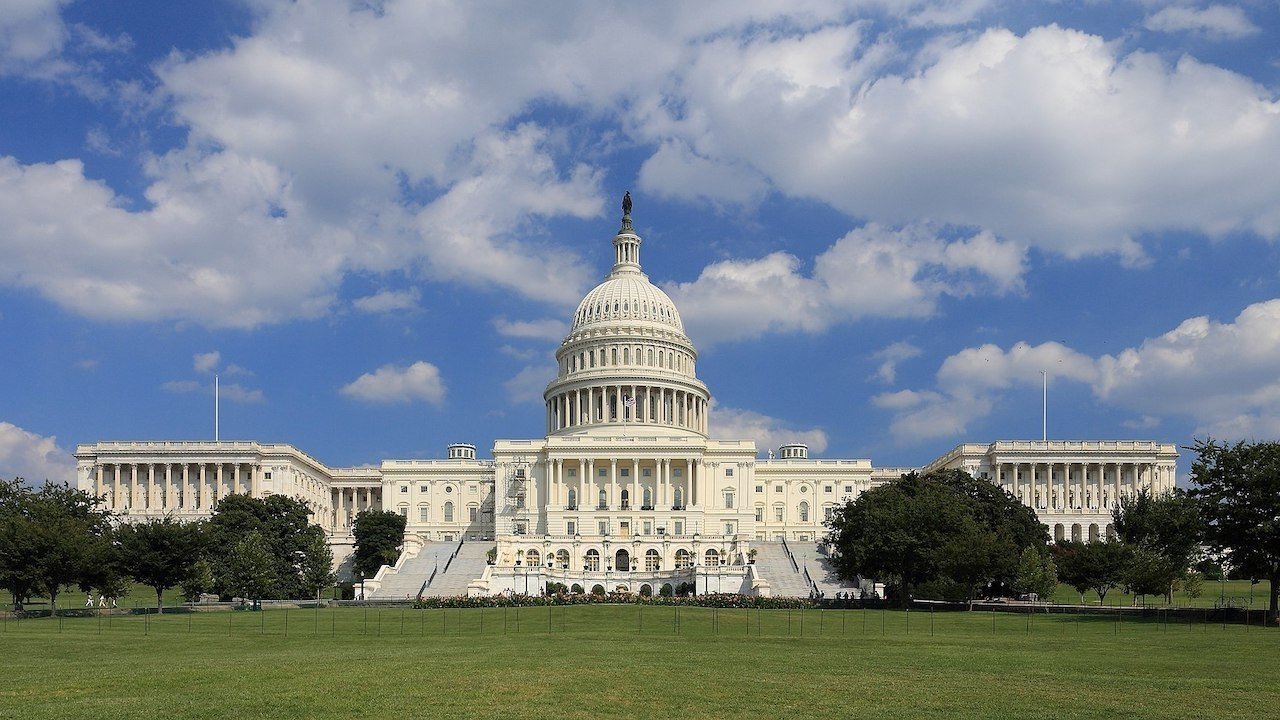Judge Yvonne Gonzalez Rogers' ruling in the Epic vs. Apple lawsuit may cause headaches for the U.S. government, after Epic failed to prove that Apple violated antitrust laws.
On Friday, Judge Rogers issued her ruling in Epic's lawsuit against Apple. While the ruling could potentially cost Apple billions in enabling developers to advise users of third-party payment methods, it may have also helped Apple escape some scrutiny over other issues.
This includes the U.S. government's attempts to tempter the power of big tech companies like Apple and Google, such as its June 11 legislation package taking aim against antitrust behavior.
As part of the ruling, Judge Rogers deemed that Epic had "failed in its burden to demonstrate Apple is an illegal monopolist." While admitting that Apple had considerable market share and high profit margins, the court believed "these factors alone do not show antitrust conduct. Success is not illegal."
That same ruling may also apply an extra burden on attempts by the U.S. government to rein in the tech giants, according to observers speaking to Bloomberg. As Apple was found not to have violated the Sherman Act, a law typically used to take on monopolistic firms, the ruling makes it much harder for others to use the same law against Apple in the same way.
"It raises the bar to any Justice Department lawsuit," said Cadwalader, Wickersham, & Taft LLP antitrust lawyer Joel Mitnick. "Apple pretty much got a flat out victory on all the Sherman Act claims."
It is also thought that Apple's restrictions on developers, justified to ensure security of the platform, could be a problem. As Judge Rogers says the market is two-sided, this makes the job of determining the harms and benefits of multiple sides, as established in a 2018 U.S. Supreme Court decision, tougher.
"The biggest thing that scares me about this opinion is the two-sided market complexity," according to John Newman, a teacher of antitrust law at the University of Miami School of Law.
"If this is a two-sided market, you can't prove harm to just developers or harm to just consumers. You have to somehow prove net harm across all the different groups that interact through the platform."
Even so, there is still a chance government investigators could see a change of situation. Judge Rogers says that Apple was "near the precipice of substantial market power, or monopoly power," and failed to truly justify the 30% commission fee for many App Store transactions.
Cardozo School of Law teacher and former Justice Department antitrust division lawyer Sam Weinstein slightly differs in his opinion.
"There's a lot here to encourage an enforcer depending on what their investigation looks like," said Weinstein. "If I'm the government, I don't look at this and think we're out of business."
While the ruling primarily affects Apple, it could be argued that elements could be adopted by other platform owners, such as Google and its Play Store, which operates as a direct competitor to the App Store. For example, Google could justify the two-sided market element similarly applies to its store, as it too has developer and consumer "sides" to consider.
Meanwhile, Epic has started its bid to appeal the ruling itself.
 Malcolm Owen
Malcolm Owen

-m.jpg)






 Andrew O'Hara
Andrew O'Hara
 Wesley Hilliard
Wesley Hilliard


 Marko Zivkovic
Marko Zivkovic

 Chip Loder
Chip Loder
 Christine McKee
Christine McKee




-m.jpg)




26 Comments
Fair article, in essence, saying the jury is still out on whether this helps guide an upcoming antitrust claim or makes it more difficult. Judge Rogers herself in her comments accompanying the verdict implies Epic might have been more successful if they had pursued a different line of argument.
“...the evidence does suggest that Apple is near the precipice of substantial market power, or monopoly power, with its considerable market share. Apple is only saved ...
The two-sided market mention is very pertinent too, first time I had seen that mentioned. Any future case targeting big tech is going to have to be well-crafted and argued.
While this is nearly a complete victory for Apple, I initially had a problem with this statement from the judge:
My first reaction was it was judicial hubris. Why does Apple have to justify their fee to the court? They could make it 50%. Or 75%. Or 1%. It's all about what the market demands. If they aren't an illegal monopoly, then what say does the Court have?
But then I thought about it. This is as close to complete "bench slap" as you'll ever see. I think that perhaps the judge threw Epic a bone by allowing 3rd party payment systems and making the comments above (and the like). It may just be an attempt to "take the stank off" and help it survive appeal.
Developers seem to have forgotten that the Apple Developer Program has dropped over the years to $99 for an individual. I could easily see Apple charging developers like Epic when not using the entire ecosystem and who are using their own payment systems "fees" for memberships, tools, testing, application reviews, App Store hosting, etc.